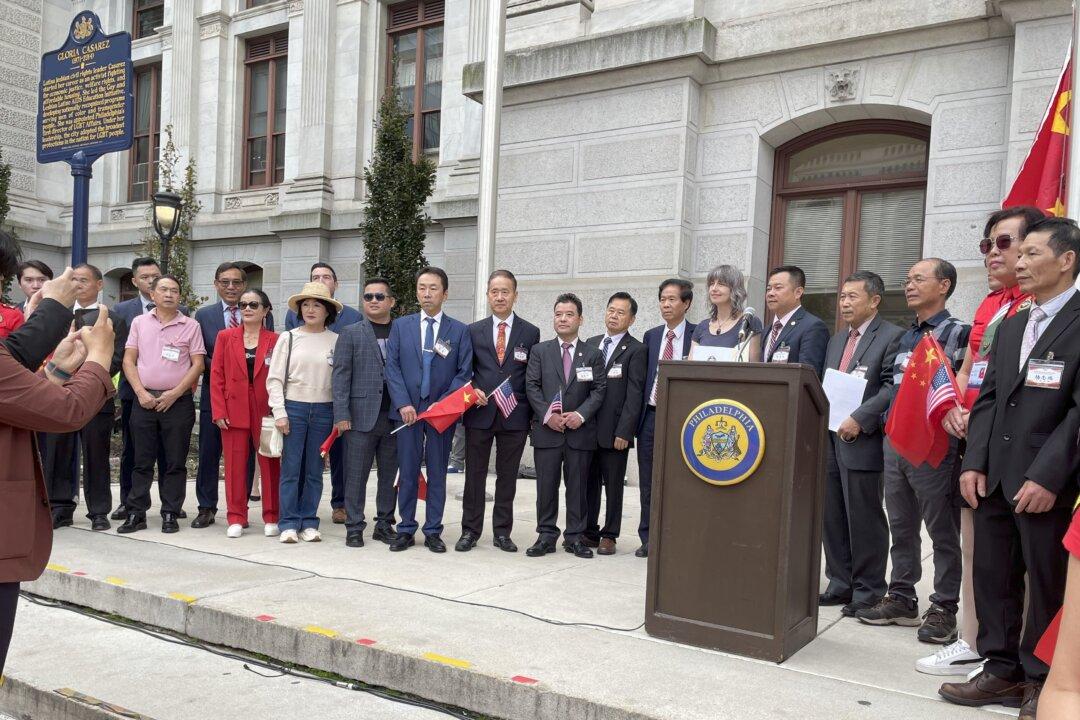“I think he is almost as essential as the air we breathe and the food we eat, don’t you think?” pianist Marc-André Hamelin said of Mozart.
The beloved classical composer, who is often said to have created from divine inspiration, is so foundational to everything we know about music today.
“I can’t imagine a world in which we could do without him,” Hamelin continued. “I can’t really pinpoint it, but he is one of those composers whose works have always seemed like they have always been with us, even before they were written.”
Why do major chords sound happy to Western ears, and minor chords sad? These are some of the musical questions that drive Hamelin as a musician, and things that Mozart’s works seem to address without leaving us with a tangible answer.
While Hamelin is known for tackling some of the most difficult piano pieces and championing nearly forgotten works by nearly forgotten composers, every once in a while he returns to mainstream repertoire. In this case, 92Y has matched Hamelin up with its series on Masters of the Keyboard, with Tisch Center for the Arts Director Hanna Arie-Gaifman inviting him on Nov. 12 to perform an all-Mozart program of two rondos and four sonatas, pieces he'd recorded on a double album with Hyperion Records.
“I’ve never done this kind of thing before,” Hamelin said of the all-Mozart program. “It’s a chance to bathe in Mozart’s world, really, and just marvel again and again and again at how amazing and creative he was.”
Marvel and Mystery
Hamelin, with 100 crates of music in lieu of a library and with intimate knowledge of esoteric repertoires from the turn of the last century, is almost akin to a detective. But not just because of his penchant for rediscovery. The mystery of music is what drives the musician, and he is always trying to get at the essence of what music is.
He is both a performer and a composer, and says that some of the all-encompassing composer-musician greats—like Mozart, Bach, and Beethoven—have been so useful to him in composition. Hamelin said he tries to penetrate the minds of these creators of the classics, and place himself in that creative spirit that can piece together these amazing ideas.
“Sometimes it helps, and sometimes I am just as tangled in mystery as I was before,” Hamelin said. Which is not necessarily a bad thing. “When you don’t have an answer, when you are really faced with the intangible, that is when music is really and truly exciting.”
Hamelin said he relates to the outlook of composer Leo Ornstein, who at age 100, when asked what music was, answered that he still did not know.
“What is music, and why does it affect us the way it does?” Hamelin said. This is what he constantly seeks to answer. “We’re always looking, we’re always creating, we’re always searching for answers that are not quite there. ... To me, the lack of answer is particularly stimulating.”
Music to Hamelin communicates not just thoughts and emotions, but the intangible questions and answers of being. And with the piano, a musician really can express anything. “I don’t say that lightly; it can really, really express anything,” Hamelin said.
Discovery and Communication
Hamelin never seeks to dazzle the audience with technique or novelty. Even when digging through secondhand music stores (though there are fewer and fewer of them today) or his extensive music collection (some of which he inherited from others), he looks for something he thinks has a chance to connect with the audiences of concert halls today.
The exploratory musician aims to share his findings with an audience in the most sincere way: communicating what the composer intended, as if no one in the audience had ever heard it before.
“My primary aim is to share,” he said. “I want to share discoveries; I want to share new and fresh ways of looking at repertoire people already know.”
“I want it to be as clear as possible for them on first hearing, as rich as possible,” he said.
And with Mozart, there is much to share.
“It’s exuberant, it’s full of life, it’s humanity itself,” Hamelin said.





